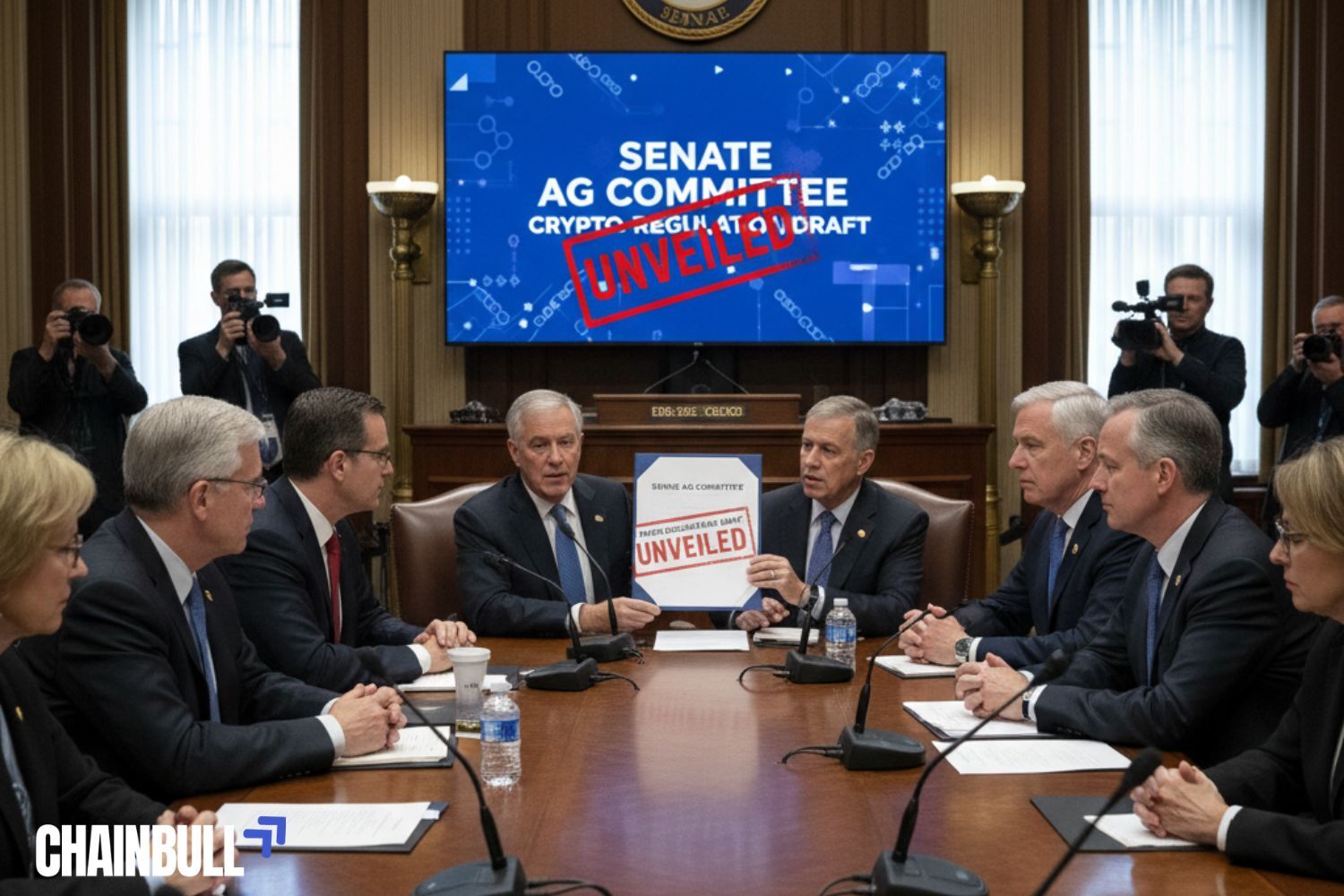

The Senate Agriculture Committee has revealed its much-awaited draft legislation aimed at regulating the cryptocurrency sector. One of the main features of this bill is the grant of additional powers to the CFTC. The 155-page discussion draft co-sponsored by Sen. John Boozman (R-Ark.) and Sen. Cory Booker (D-N.J.) extends the work done in the House earlier this year.
Booker made it clear that it is the duty of Congress to intervene to shield consumers from such bad practices as exploitation and to take care of the rapid growth of the digital markets. “Novel financial systems are attracting more and more Americans, and yet their understanding is less than before,” Booker said, at the same time emphasizing the indispensable presence of regulatory authorities, which would assure safety and market stability.
Earlier, the House had approved in principle the Digital Asset Market Clarity Act, or Clarity as it is usually referred to, in the month of July. With this new draft, the Senate intends to settle the scuffle of jurisdictional issues between different authorities and also to clear up the question of which tokens are non-securities.
The draft legislation elaborates on the term “digital commodities,” explaining it as “minimum” digital assets that are they should be cryptographically secured and recorded in distributed ledgers without intermediaries. According to the proposal, the CFTC will be responsible for these commodities and will thus create a new oversight framework for market participants.
On the other hand, there are some lawmakers who are skeptical about the sufficiency of the CFTC’s resources to carry out such a mission. The CFTC has only 543 full-time employees, whereas the SEC has 4,200, a difference that Booker took as one of the main reasons for the problem. “I have concerns about whether the CFTC has enough resources, regulatory arbitrage, and if Congress has put the right guardrails in place to prevent corruption,” he stated.
One of the committee staff said that the bill makes provision for a “fresh funding stream” for the CFTC, whereby it may charge fees to the crypto industry. Yet the draft has several bracketed portions that the committee describes as “unresolved issues” waiting for a consensus between both parties.
Democrats have questioned the President’s (Donald Trump) monetary connections to crypto ventures and alleged this as a factor that can affect the legislative directions. In the estimation done by Bloomberg, Trump’s profit was about $620 million from ventures like World Liberty Financial, co-founded with his sons, and the family’s 20% share in American Bitcoin.
The draft features the introduction of the conflict of interest issues of public officials. The leaders in the industry expressed their satisfaction with the development, with Crypto Council for Innovation CEO Ji Hun Kim referring to the bill as “meaningful positive progress” that supports clear, risk-based rules for innovation and consumer protection.
The crypto landscape changes in seconds—don’t fall behind. Chainbull keeps you informed with expert insights, comprehensive market analysis, and dependable updates from the fast-moving world of blockchain and digital assets.
Enter your email → Get instant download.
